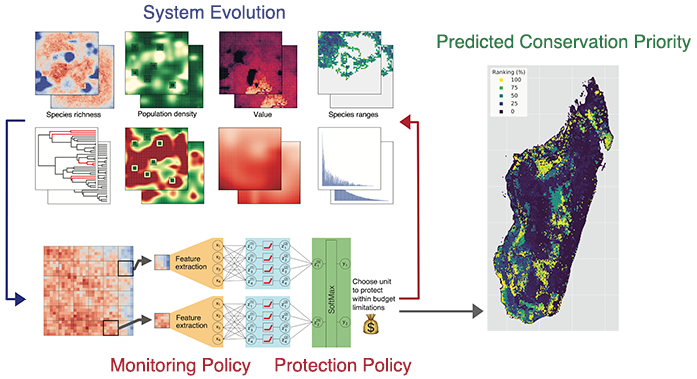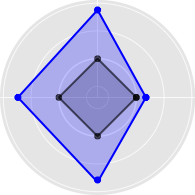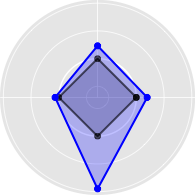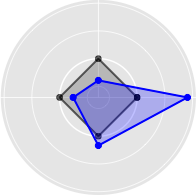How do we best protect biodiversity in a rapidly changing world and with limited resources?
Over a million species face extinction, carrying with them untold options for food medicine, fibre, shelter, ecological resilience, aesthetic and cultural values. We urgently need to design conservation policies that maximize the protection of biodiversity and its contributions to people, within the constraints of limited budgets.

Harnessing the power of AI to optimize conservation efforts
We use reinforcement learning to train models for conservation prioritization that best use the available data and resources. CAPTAIN models can work with basic species distribution data but can handle complex multidimensional data and their temporal trends, including land use and climate change.

Conservation policies outperforming the state-of-the-art
Our experiments using simulated and empirical data indicate that CAPTAIN yields more reliable conservation solutions than alternative state-of-the-art software for systematic conservation planning.

Customized prioritization targets
Optimize policies toward different conservation targets, e.g. aiming to minimize species loss or to maximize the amount of protected area, and compare their outcomes and tradeoffs.


